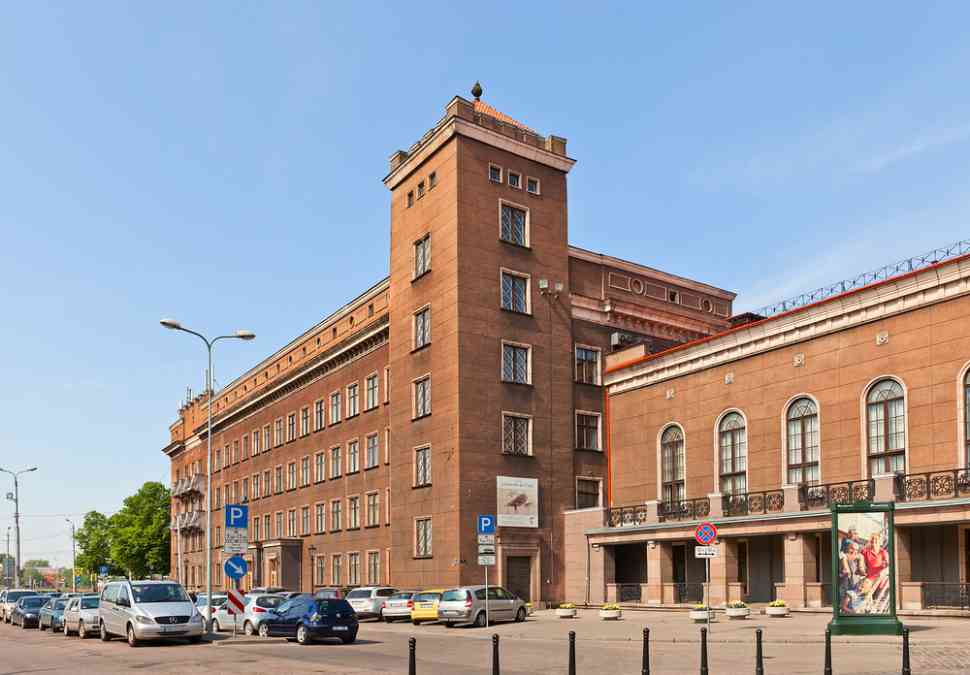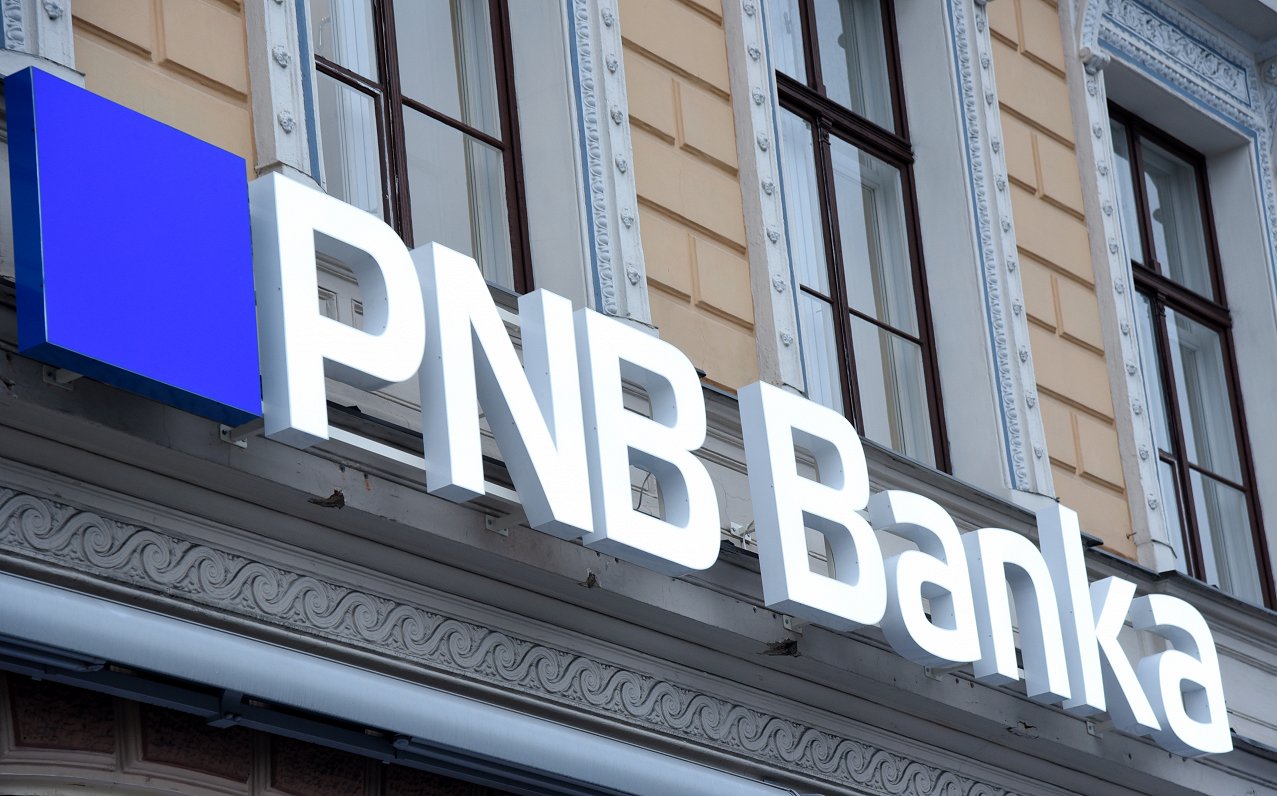The Internet and digital trade quickly infiltrate the Latvian marketplace, boosting the demand for ICT goods, solutions, and assistance. The overall throughput of the ICT industry has hit around $400 million, and the field contributes about 4% of net GDP.
As a result, the ICT industries, including computing services, programming, networking equipment and accessories, and communications networks, have played a larger part in Latvia’s GDP in past years.
If you want to work in these industries, you’ll need to get an ICT license from the Latvian government.

Opportunities in the information and technology industry
The Internet’s ubiquity in Latvia has increased the demand for computing and networking safety. This industry will expand, particularly as digital banking becomes more widespread. Application of Internet/intranet infrastructure, schooling and mentoring, support programs, application advancement, and growth of credit and debit card systems are all places where potential can be found.
Businesses who want to use Latvia as a logistics base for marketing in Northern Europe and adjacent Russia have many options. Computer businesses may explore locating manufacturing lines in Latvia due to the comparatively inexpensive cost of processing and well-educated labor.
License for the operation of the Credit Information Office
The Consumer Rights Protection Centre (CRPC) issues, halts, modify or cancels the approved special license to the customer loan provider to guarantee an efficient customer liberties safety method in the sector of nonbank loans and to supervise financial institutions offering assistance in this domain.
Requirements
- Payment
A non-bank financing facility provider must submit a statutory price of EUR 250 000 for a special license and an annual cost of EUR 55 000 before filing a request.
- Documents
Non-bank financing service providers must submit a request to get special authorization. The signatory must approve the petition. The application must include the following documents:
- the signature of a legally appointed agent;
- papers attesting to the legality of the funds used to invest in the capital;
- details on the actual recipients;
- documentation demonstrating the quantity and legality of the funds raised;
- the credit administration service provider’s policies and procedures;
- Information on whether a capital company has had a license rejection in the past three years;
- details on the credibility of the board of directors of capital corporations, the council members, and the people in charge;
- a statement concerning legal and disciplinary penalties issued by an official in the nation where a person’s domicile is;
- a statement from the competent State tax administration body certifying that the capital company has no outstanding taxes, levies, or other necessary payments.
Authorizations for the use of radiofrequency grant
It’s a permit that grants a certain user the ability to utilize frequency/-ies with the specified settings. This permit is granted by the Latvian Electronic Communications Department for a specific period, as per Latvian law. It is also feasible to obtain a one-day short-term license.
Requirements
Event organizers and their agents who want to use radio transmission devices must submit a petition to the ECO in the format of a printed or electronic file to get an individual license for radio frequency usage.
Documents
- Details on the person who is requesting a license;
- The required radio frequency range or radiofrequency functioning for radio equipment;
- The transmitter’s intensity, as well as the channel spacing;
- The location or locations where the radio equipment will be used;
- A timetable for the usage of radio equipment from/to;
- The type of equipment and the manufacturer; and
- The person in charge of the transmission systems.
ECO may ask for clarification of the information provided or further information, such as a thorough description of the radio equipment’s functioning concept.







